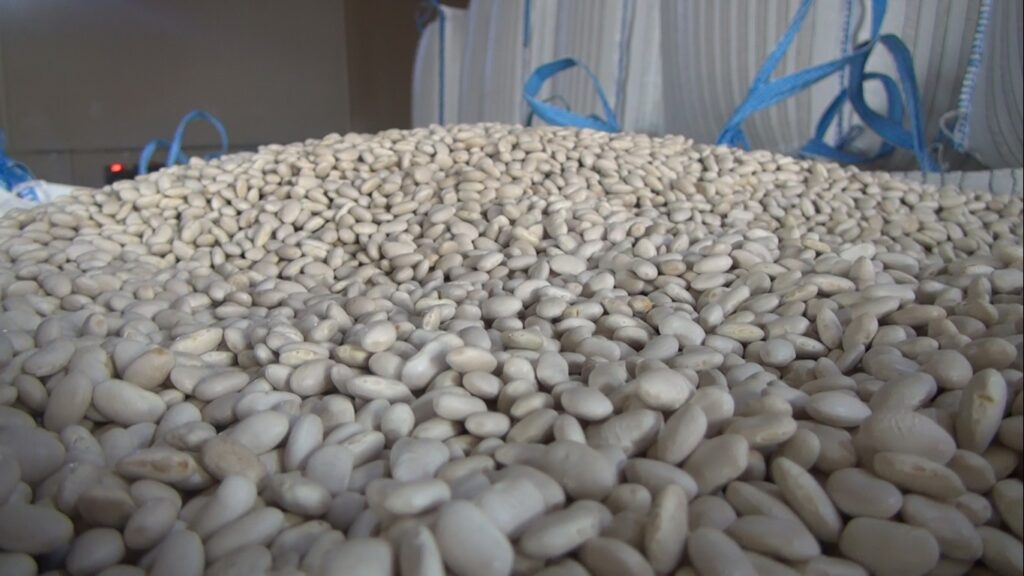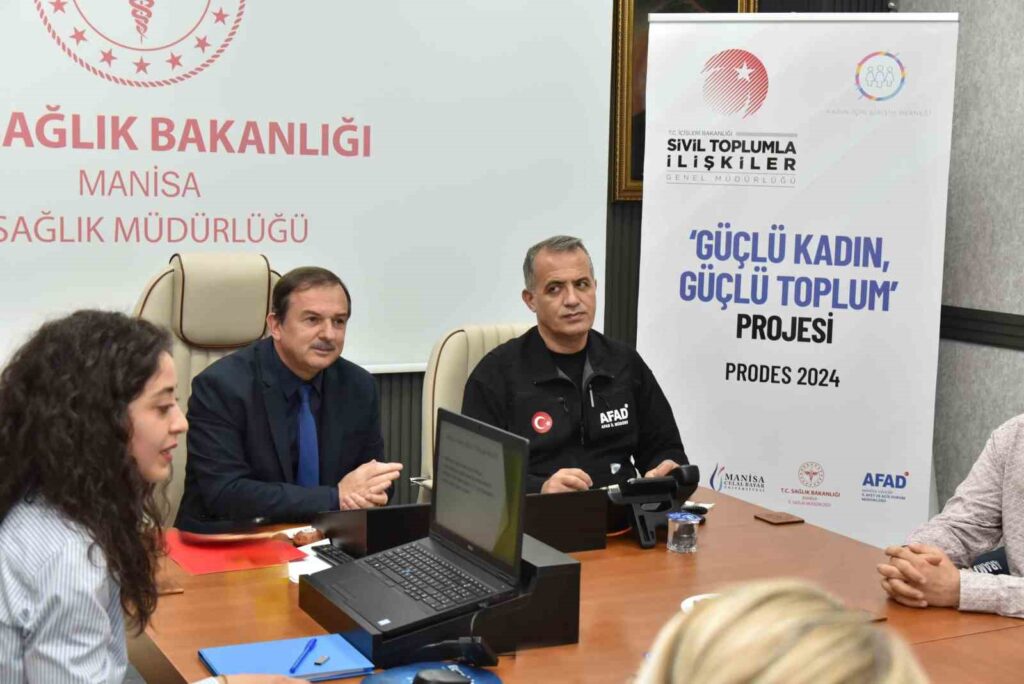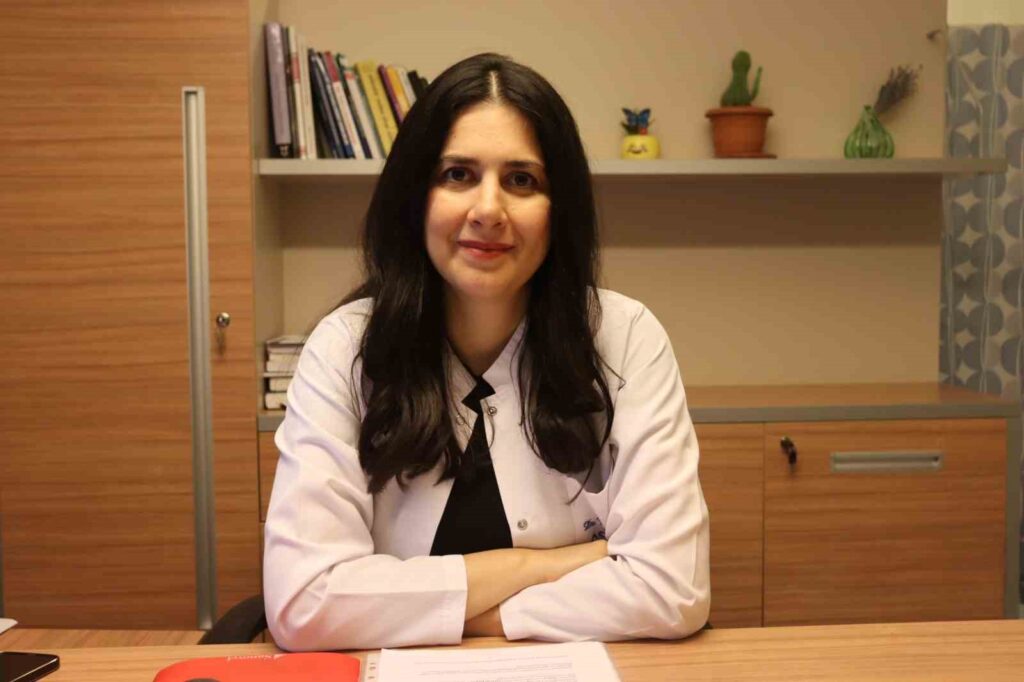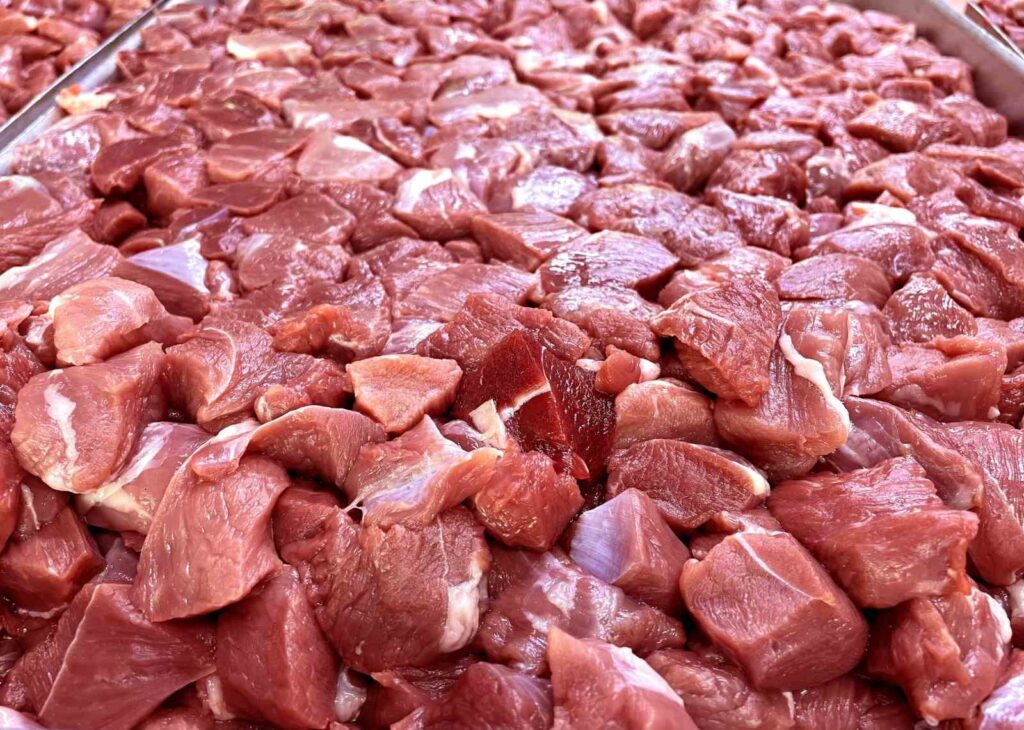New Research: Reducing Colon and Rectal Cancer Risk by 35%

According to the latest research conducted abroad, consuming legumes once a week decreases the risk of colorectal (colon) and rectal cancer by 26%. When consumed twice a week, this rate increases to 35%. While the rate of stomach cancer is decreasing nowadays, the rates of colon cancer are increasing. Among the reasons for this increase are stress, as well as excessive consumption of fast food, carbonated drinks, and processed packaged foods. An article published in the European Journal of Clinical Nutrition shared an important result for colon cancer. Evaluating the results indicating that consuming legumes reduces the risk of colorectal and rectal cancer, Gastroenterology Specialist Prof. Dr. Vedat Göral from Medipol Mega University Hospital stated that there has been a recent distancing from legumes, which are the main dish of Turkish cuisine, and this situation also disrupts intestinal health.
“It contains flavonoids that have an anticancer effect.” Speaking about the research, Prof. Dr. Göral said, “When you consume legumes once a week, your risk of colorectal and rectal cancer decreases by around 26%, and when you consume them twice a week, it decreases by about 35%. The reason for this decrease is that legumes contain certain substances called flavonoids. These have anticancer effects. In other words, they are cancer-preventive agents. Therefore, consuming these substances abundantly prevents both the growth and development of cancer cells.”
“You can consume it three times a week instead of two.” Pointing out that legumes can be consumed three times a week, Prof. Dr. Göral said, “Another reason for the benefit of legumes is the fiber content. Because they contain a lot of fiber, they provide an advantage in preventing colorectal cancer. Because if we consume fibrous foods in small amounts, they are more effective against carcinogens in the intestines. When we consume a lot of fiber, there is so much fiber in the intestines that we protect our intestines from carcinogenic substances.”
“Cook it as you normally do.” Emphasizing that all kinds of legumes have cancer-preventive effects, Prof. Dr. Göral said, “Kidney beans are actually a food that our people love very much. Kidney beans, products made from wheat, chickpeas, and other legume varieties are very successful in this regard. A portion can be 100 grams. The cooking method should be the same as for other legume dishes. Since the vitamins in dried legumes are already mixed with liquid, the cooking method does not cause any adverse effects.”
“Everything should be eaten, even in small amounts.” Prof. Dr. Vedat Göral also warned that zero-gluten diets have become quite popular lately, saying: “This is a harmful method. It’s also very wrong. We use a gluten-free diet in two cases. One is celiac disease. There is also wheat sensitivity in gluten disease. Because there are many proteins and vitamins in wheat. Therefore, sometimes with a gluten-free diet, some negative consequences can occur in the future. It is necessary to eat regularly, even in small amounts, of everything.”
“Don’t use antibiotics and painkillers indiscriminately.” Finally, also providing recommendations for preventing cancer, Prof. Dr. Göral said, “Even regular walking every day can prevent colorectal cancer by 8-10%. So, colorectal cancer is actually a preventable disease. We need to manage stress and eat everything. We shouldn’t use antibiotics indiscriminately. Because we disrupt the intestinal microbiota. We kill good bacteria, bad bacteria remain. These can also have negative effects. We shouldn’t take painkillers indiscriminately. We should eat slowly and chew thoroughly. We should allocate time for meals and enjoy them.”







